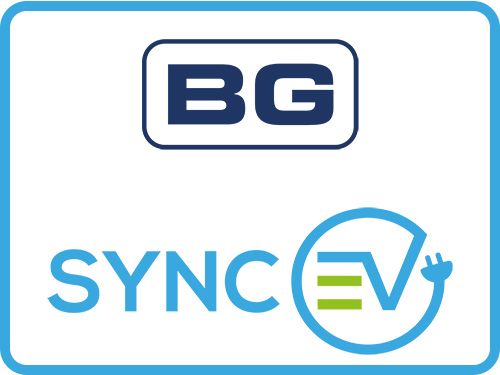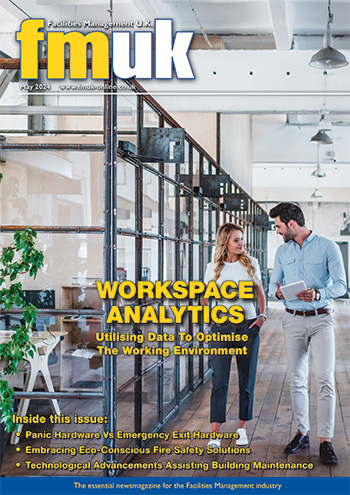Utilising Partnerships To Innovate Waste Management

The hospitality sector, which includes restaurants, hotels, and catering services, accounts for roughly 10% of all food waste in the UK. As the UK looks to reach net zero by 2050, it’s more necessary than to be united in developing robust waste management strategies to work towards achieving this target.
For us, working with organisations which specialise in waste management processes can really drive our net zero strategies. Collaborating with industry experts gives us guidance and bigger mobility with sustainability activations, and we’ve already seen big changes adopting this model within our Centrica locations.
Our teams use produce from Waste Knot, an organisation that works closely with farmers and growers to rescue surplus vegetables and fruit. These are used to create soups, smoothies, salads, porridge compotes and cakes, ensuring maximum freshness and taste whilst lowering our carbon footprint using produce that would otherwise have ended up in landfill.
The principles of fresh, seasonal produce and maintaining an ethical supply chain are core to what we do. Partnering with organisations such as Waste Knot expands waste management past strict KPIs and amplify our purpose to both teams and customers.
It encourages chefs to become more creative with their dishes, championing seasonal ingredients, thinking outside of the box when it comes to menu innovation. To take it further, we encourage our teams to cook to order, meaning meals are fresh and open to customisation, reducing the amount of wastage. Additionally, visitor numbers for the day are closely monitored to manage the volume of food cooked on the day.
We’re keen to promote our net zero strategy within all areas of the business, and bring our teams on the journey so it becomes second nature and part of daily operations.
We recently connected our teams with the wider business through zero-waste competitions and keep sustainability it high on the agenda during team days and meetings.
Outside of food waste, there are further opportunities to manage waste in the hospitality sector. Through our partnership with Ramco, we have introduced an environmentally friendly disposal solution, contributing towards creating a circular economy. Ramco has facilitated the reuse of an extensive range of unwanted equipment, including combi ovens, refrigerators, dishwashers, and range cookers. The equipment is then sold at on-site auctions to ensure that each item is given a new lease of life with a minimal carbon footprint. This partnership not only minimises waste but encourages upcycling, further contributing to sustainable targets.
Initially, the team worked with Centrica to remove all disposable cups and cutlery, resulting in seven million disposables being eliminated. Since then, we have seen an uplift in customers using the restaurant facilities, with the ratio of customers on site vs visits to the restaurant averaging 126%; aligning with Centrica ethos to encourage employees to take time out of their day away from desks, boosting a more positive workspace for employee wellbeing.
Utilising partnerships has made an incredible change within our business and has allowed us to streamline waste management procedures and maintain a joined-up approach with our client to reduce waste at the source. The hospitality sector is brilliant at enabling collaboration, and we need to continue to think bigger, and continue challenging ourselves to do more for our people, partners, and the planet.


























































